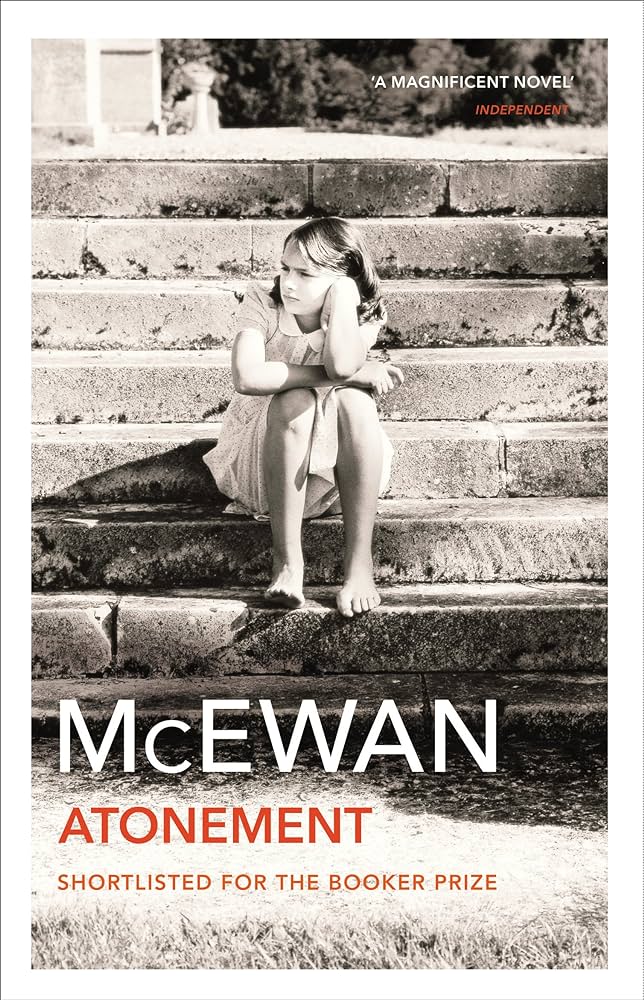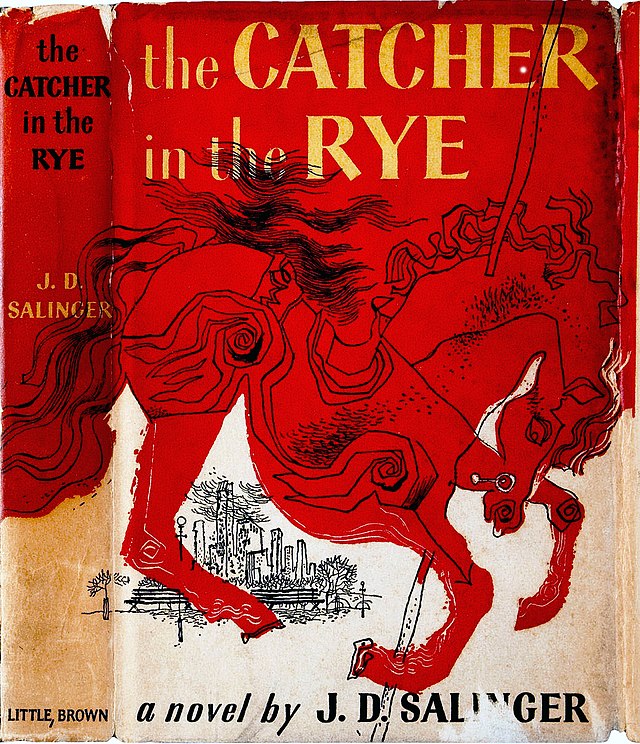 Introduction:
Introduction:
Stepping into the world of “Atonement” by Ian McEwan is akin to embarking on an emotional odyssey through the depths of human guilt, the complexities of memory, and the transformative power of redemption. Published in 2001, McEwan’s magnum opus is a poignant and intricately woven tale that spans decades, weaving together the lives of its characters against the backdrop of war-torn England. As I delved into the rich tapestry of “Atonement,” I was captivated by its exploration of love, loss, and the haunting consequences of a single, fateful act of betrayal. In this personal reflection, I will examine the profound themes, nuanced characterizations, and masterful storytelling that make “Atonement” a timeless masterpiece of modern literature.
The Weight of Guilt:
At the heart of “Atonement” lies the devastating consequences of a moment of misunderstanding and betrayal that irrevocably alters the lives of its characters. Through the eyes of Briony Tallis, a young and impressionable girl whose misplaced accusation sets off a chain of events with far-reaching repercussions, McEwan explores the corrosive power of guilt and the enduring legacy of past mistakes. As Briony grapples with the consequences of her actions, her guilt becomes a burden that weighs heavily on her conscience, shaping her identity and relationships in profound ways. McEwan’s exploration of guilt is both searing and empathetic, offering a nuanced portrait of the human psyche and the ways in which we are haunted by our past transgressions.
The Fragility of Memory:
Central to “Atonement” is the theme of memory and its fallibility, as McEwan masterfully blurs the lines between truth and fiction, reality and imagination. Through his meticulous attention to detail and shifting narrative perspectives, McEwan invites readers to question the reliability of memory and the subjective nature of truth. As the story unfolds through multiple viewpoints and chronologies, the reader is forced to confront the limitations of perception and the ways in which our memories can be colored by bias, emotion, and the passage of time. McEwan’s exploration of memory is as haunting as it is illuminating, challenging readers to reconsider their understanding of events and the complex interplay between perception and reality.
Redemption and Atonement:
As “Atonement” reaches its breathtaking conclusion, McEwan offers a profound meditation on the nature of redemption and the possibility of forgiveness in the face of unspeakable tragedy. Through the character of Briony, who spends a lifetime grappling with the guilt of her actions and seeking redemption through her art, McEwan explores the transformative power of atonement and the possibility of healing even the deepest wounds of the past. In the novel’s final pages, McEwan offers a glimmer of hope amidst the darkness, suggesting that true redemption is possible through acts of compassion, empathy, and the courage to confront our own flaws and shortcomings.
Conclusion:
As I reached the final pages of “Atonement,” I was struck by the profound emotional resonance of Ian McEwan’s masterpiece, which transcends its wartime setting to offer a timeless exploration of guilt, memory, and the redemptive power of love. Through his exquisite prose, intricate plotting, and richly drawn characters, McEwan invites readers to confront the complexities of the human condition and the ways in which our past actions shape our present selves. “Atonement” stands as a testament to the enduring power of literature to illuminate the darkest corners of the human psyche and offer solace and redemption in the face of our deepest regrets and sorrows. Truly, McEwan’s novel is a haunting and unforgettable journey that lingers in the mind long after the final page is turned, a testament to the enduring power of art to confront the complexities of human existence with honesty, compassion, and grace.




